Your guide to Almería, Spain
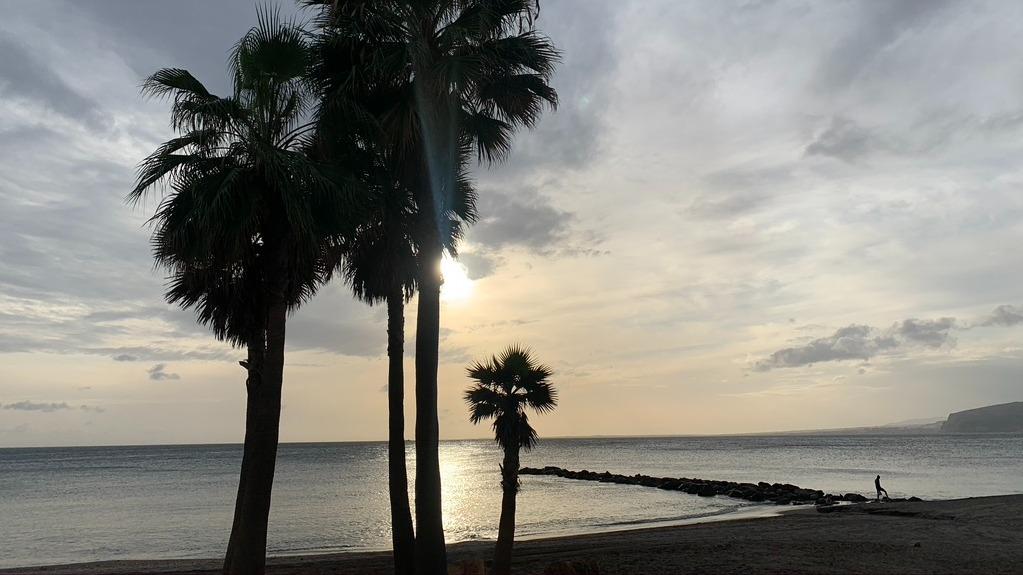
Intro
Picture desert hills falling into the bright blue Mediterranean Sea, small white-washed towns, laid-back vibes, sunny skies, tapas, tapas, and more tapas; this is Almería, Spain. Almería is one of the most unique and lightly-traveled regions of Spain. Almería is the name of both the province and the capital city within the province, however this guide will only cover the the capital city (guide on day trips in the province of Almería to come!).
I had the pleasure of residing in “Almería Capital” (as they said in Spanish) for a year, teaching English at a school that was a small commute away. There were things I loved about this place and things that weren’t so great, but overall Almería is a wonderful place to relax, enjoy a coastal city without the tourists, and have an authentic Spanish experience. Almería will steal your heart slowly, making it one of those places that’s so hard to leave.
What to expect from Almería:
Appearances
Almería is not necessarily known for its ornate architecture compared to other cities such as Granada, Barcelona, or Madrid, but it still has all the charm of a southern Spanish city: small and winding streets, outdoor cafes, and well-kept public spaces.
There’s a strong Arab influence seen in the culture and architecture as is present in much of southern Spain; I’d recommend reading up on your history before visiting the south of Spain, it will make your trip so much more interesting!
Vibes
There’s a relaxed energy and complete locals vibe.
The tourists you will see are mostly Spaniards vacationing, and Erasmus (the European university exchange program) students studying at the University of Almería.
Language
The Spanish accent here is more difficult to understand at first as with most of Andalucía and especially compared to Madrid. You’ll also hear lots of Arabic spoken. It’s very rare that people will speak English here, and people will be more willing to help if you try to speak Spanish first!
Food
Prices here are generally much cheaper than in the rest of Spain. Expect to pay €1.50-2.00 for a coffee, and €2.50-4.00 for a drink. A free tapa comes with your drink at every restaurant.
Expect lots of fried seafood, and small, boney fish.
Scenery
Expect pebbly, Mediterranean beaches and some brown sand. No white sand beaches here! Apart from the beach, the landscape consists of rocky desert hills. The sun shines here all the time, and it's usually windy.
Watch out for the electric scooters, they sneak up on you!
If you drive over from Málaga, you’ll pass through the “sea of plastic,” a massive area dedicated to agriculture and greenhouses that provides produce to much of Europe. If you’re curious to learn more about it, an internet search will give you some interesting details, most of the info not presented in a positive light. But it’s some interesting insight into some of the real issues this region in Spain faces!
Schedule outline:
Almería is an extremely relaxed place, but as with the rest of Spain, they stick to a strict time schedule for meals. Things to know about schedules and times here:
1) Breakfast normally starts at 8am and goes until around 11 or 11:30am.
2) Lunch goes from about 1:30-3:30 or 4pm.
3) Businesses take their siesta time seriously here, things WILL be closed from 2-5pm, excluding restaurants.
4) 5-7pm is a time where most people go have a coffee or desert. Places serve drinks at this time but normally not food.
5) Dinner starts around 8pm and goes until about 11pm or midnight. When I lived here, the schedules were all messed up because of Covid, but most kitchens stop serving food around 11:30pm.
6) And as with the rest of Spain, if you want to go out dancing, places will start to get busy around 1 or 2am.
Recommendations on the map…
Where to eat breakfast:
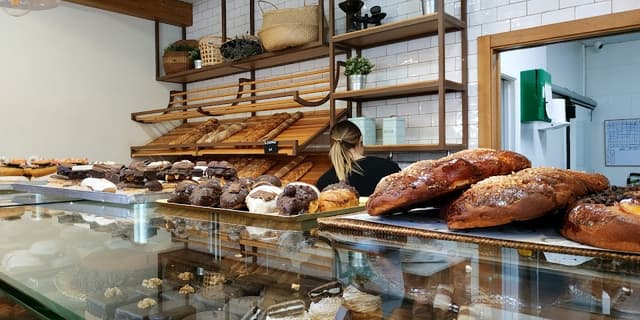
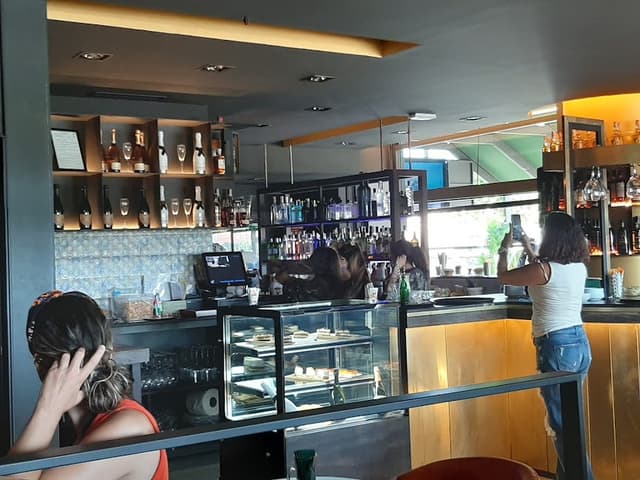
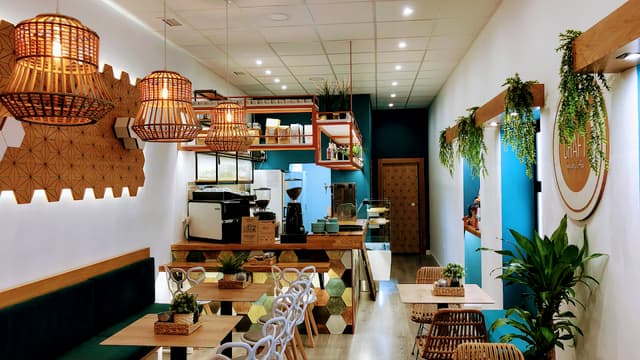
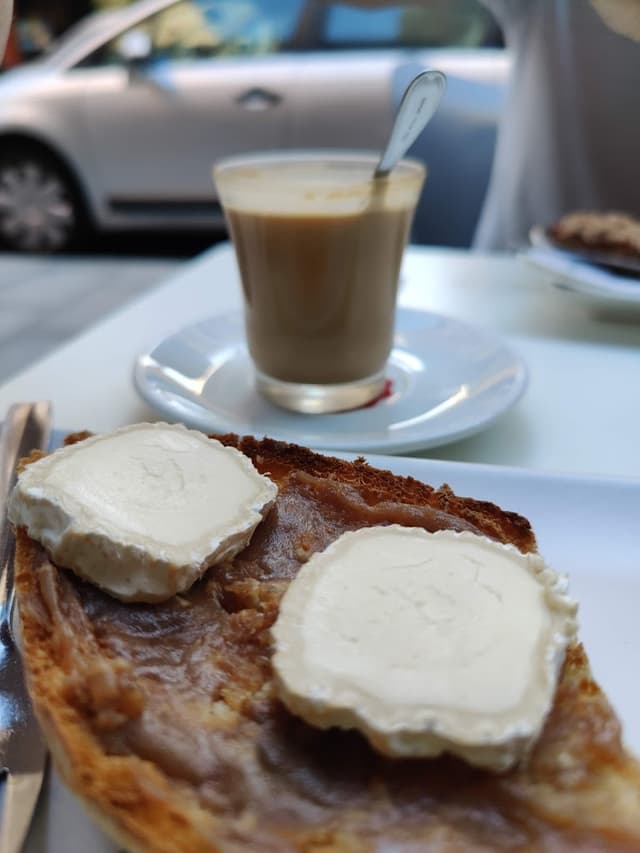
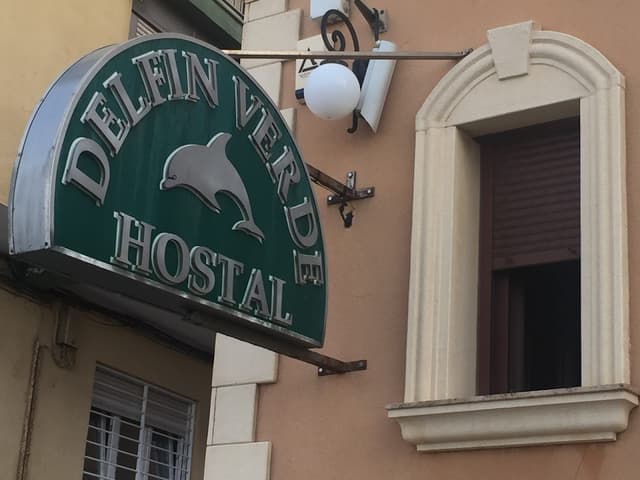
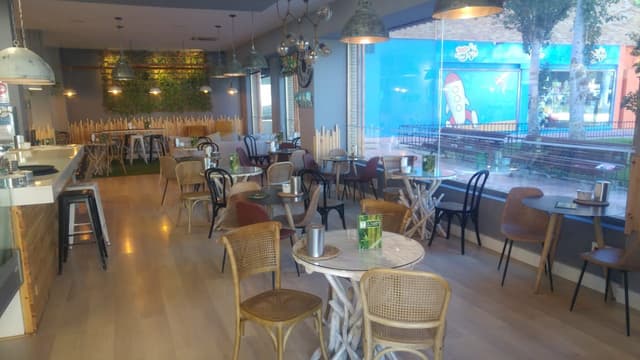
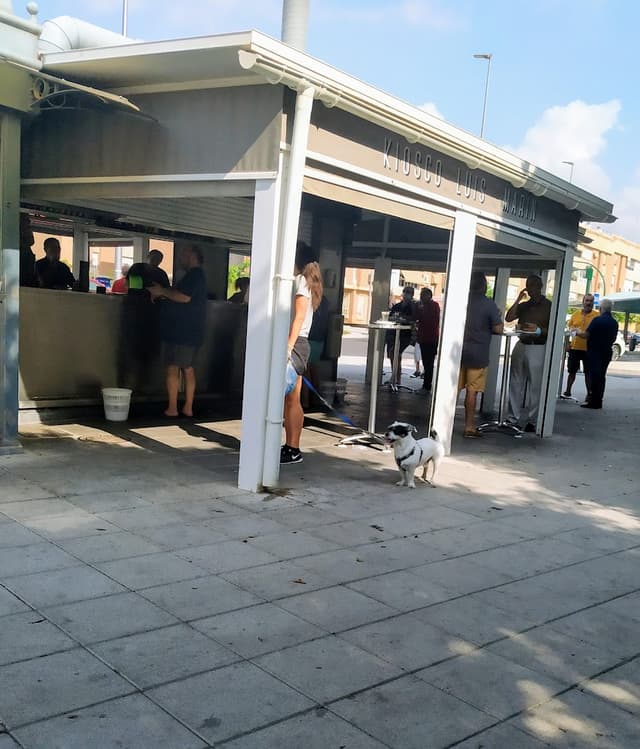
Where to eat lunch and dinner:
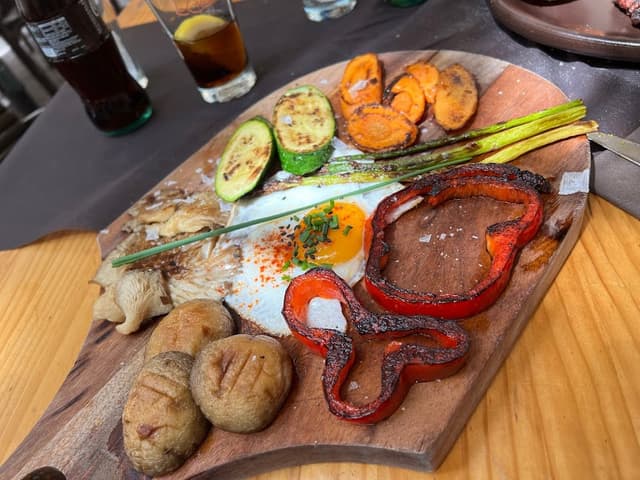
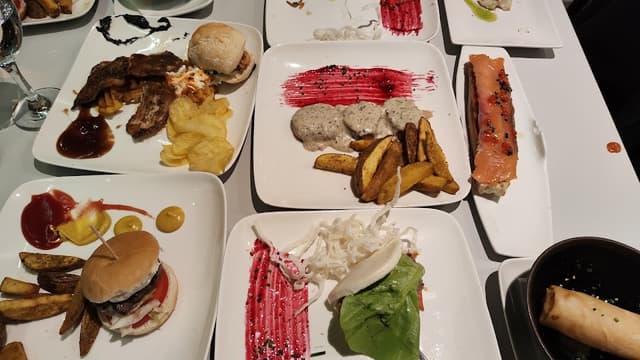
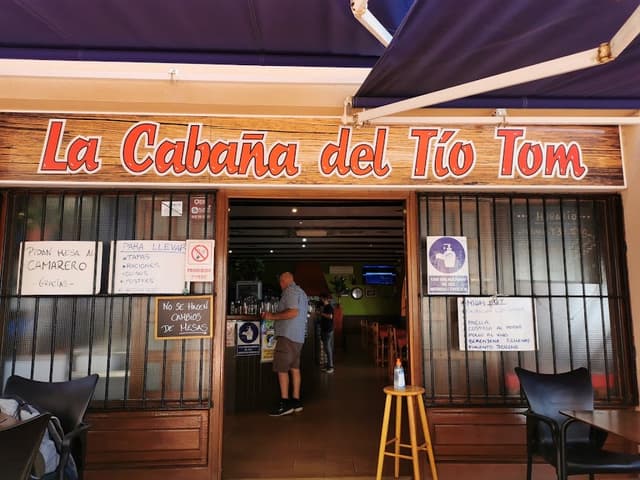
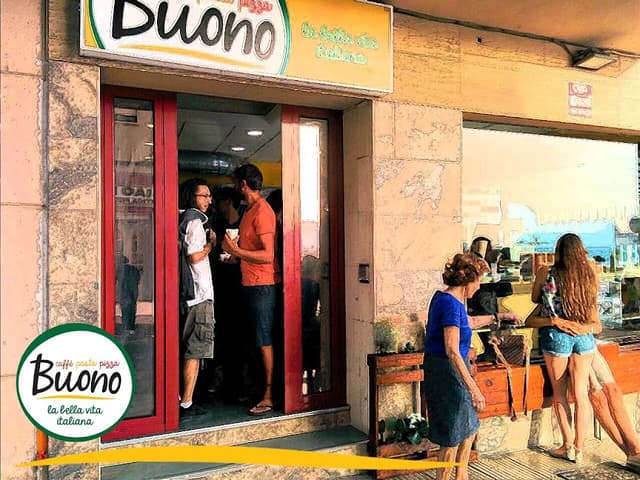
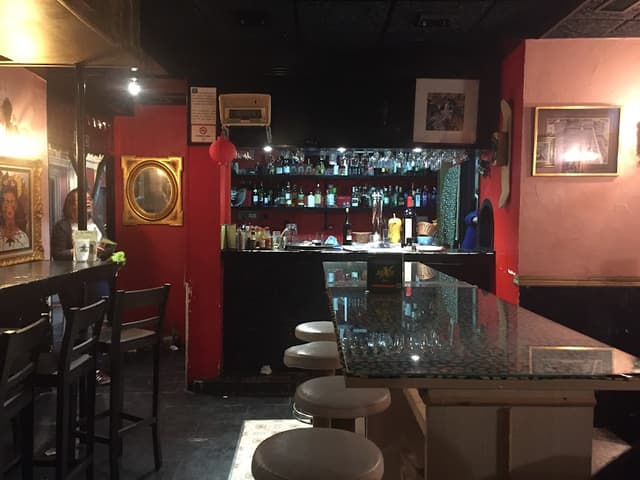
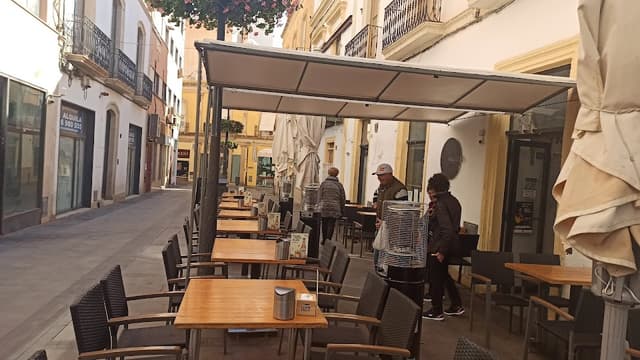
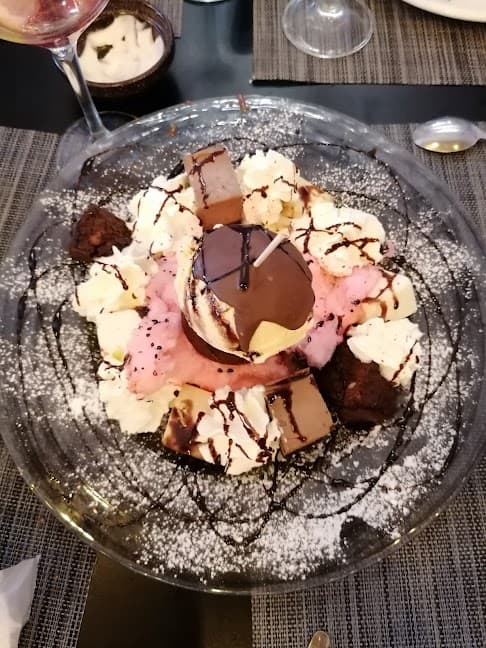
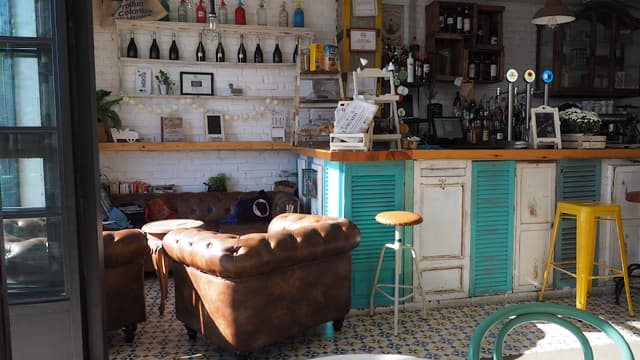
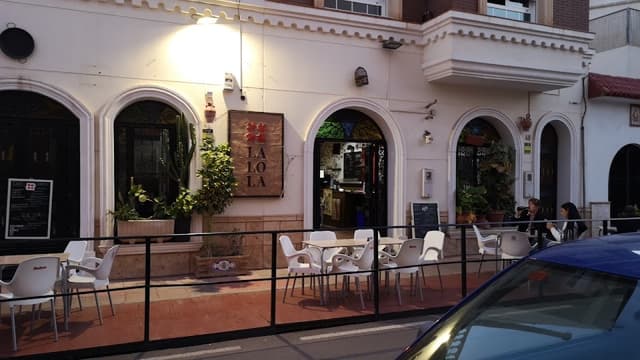
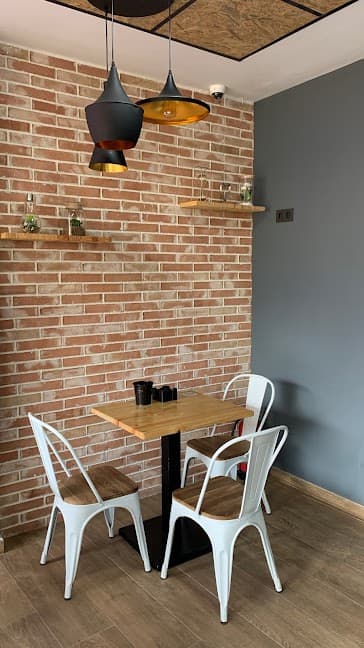
Where to go for drinks:
Disclaimer:
I lived in Almería during from summer of 2020 to summer of 2021 when there were still lots of covid restrictions in place and many of the regular bars, pubs, and night clubs were not open or had restricted hours. I've put a few options below that we frequented, but I'm sure there have been many more that have opened or reopened since. It would be best to explore for yourself! The city center would be a good place to start.
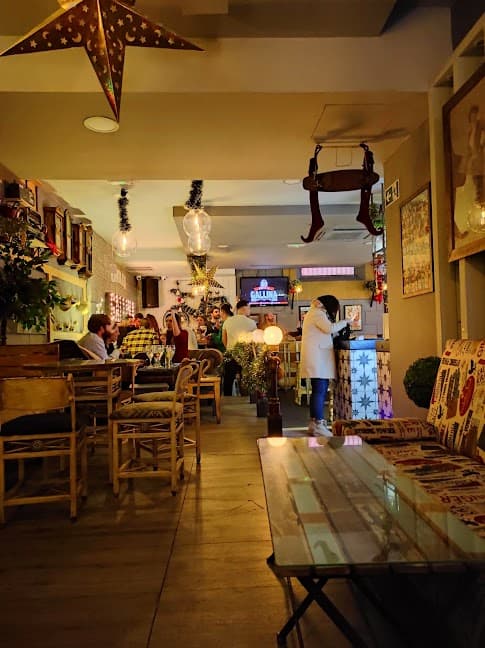
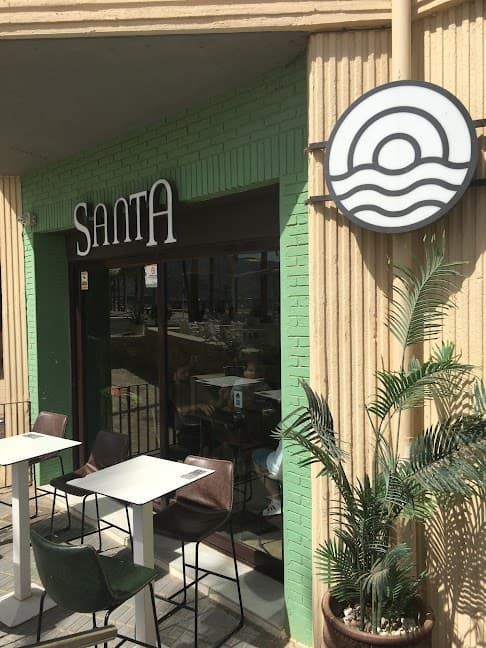

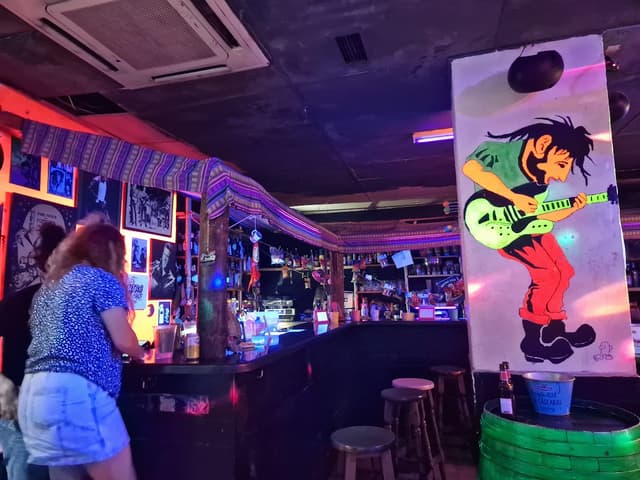
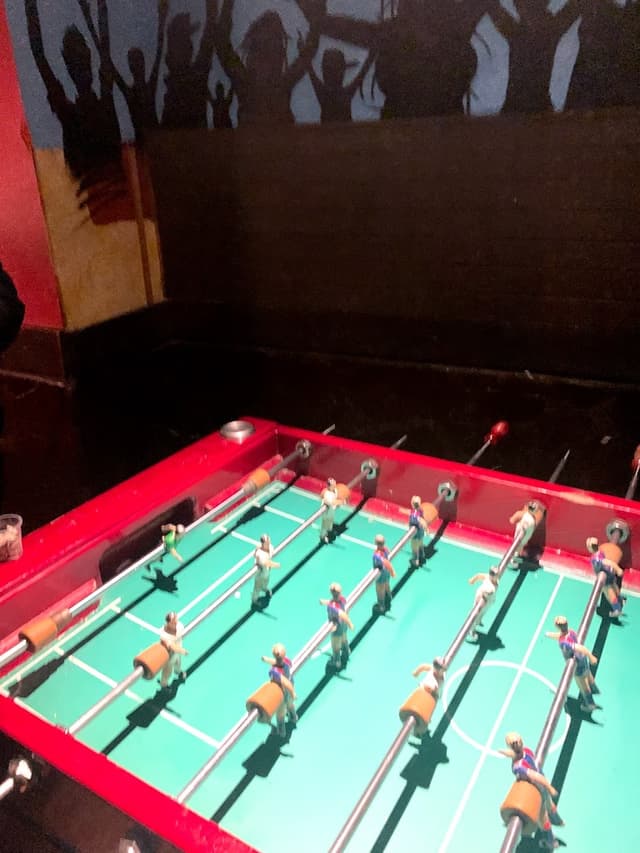
Where to dance (discotecas):

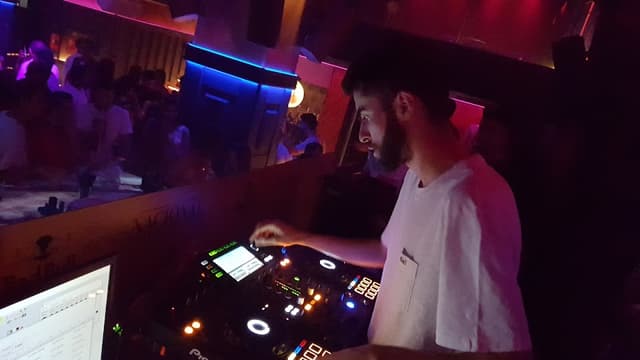
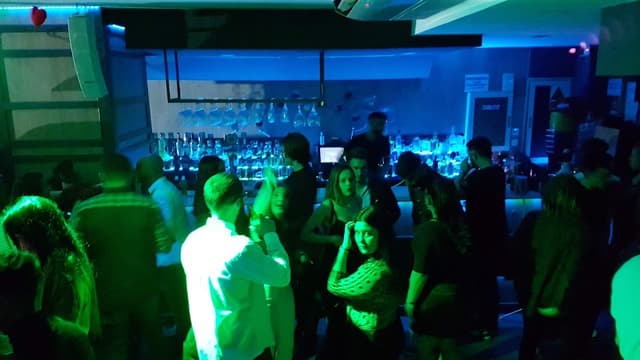
(I would recommend asking some locals for more up-to-date club recommendations!)
Other activities:
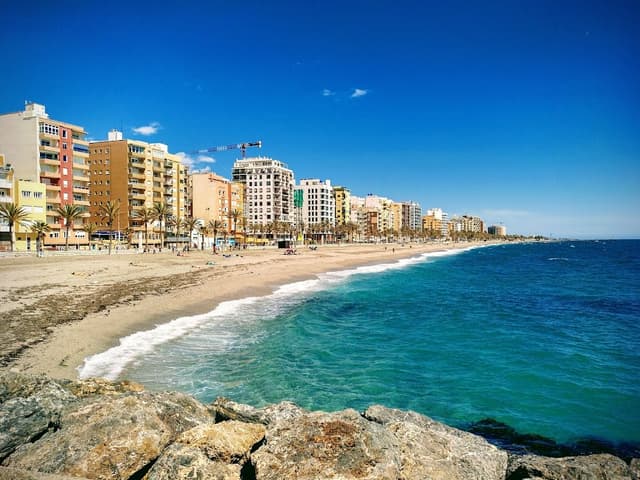
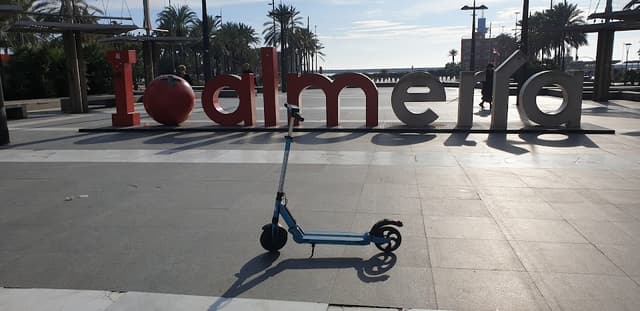

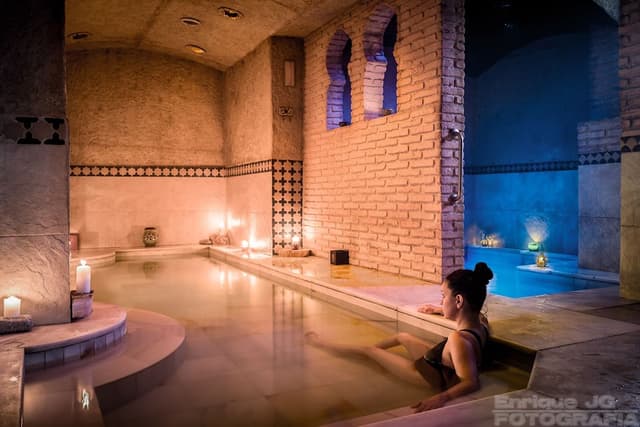
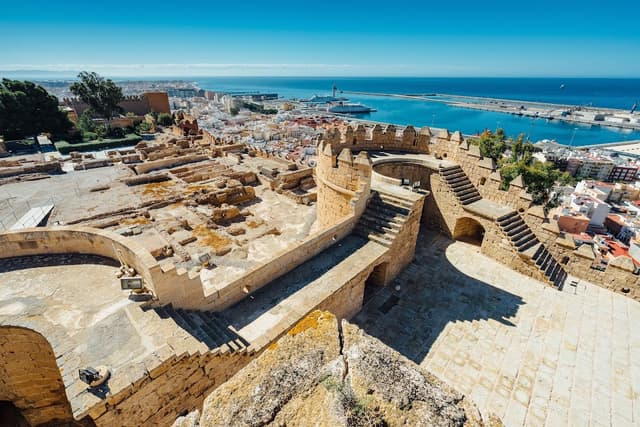
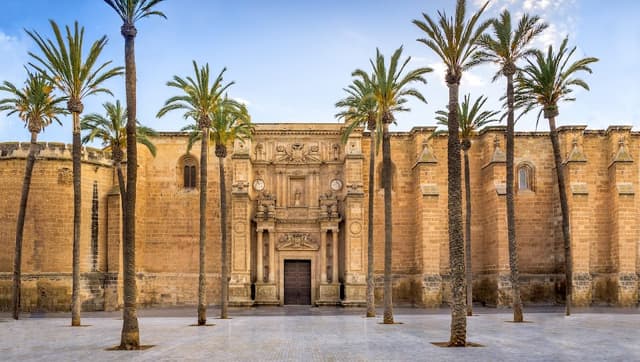
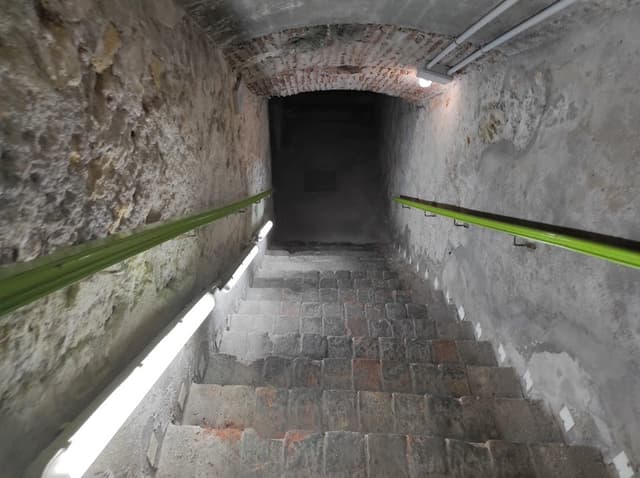
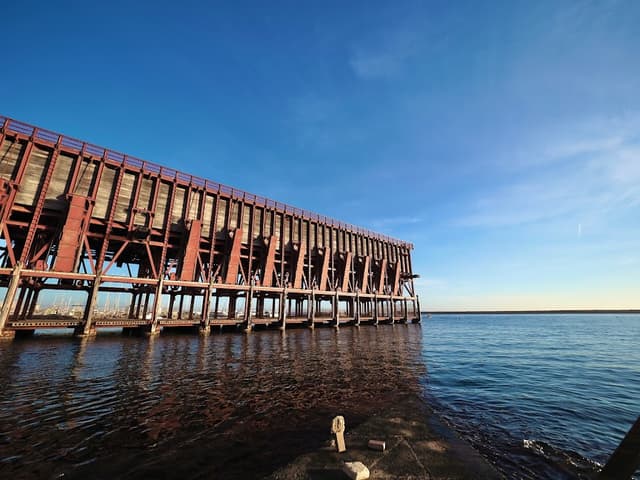
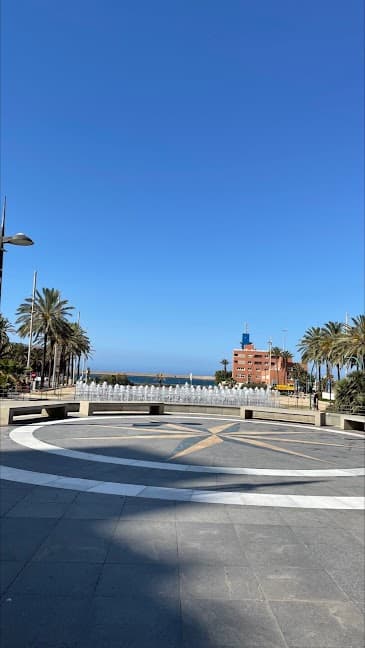

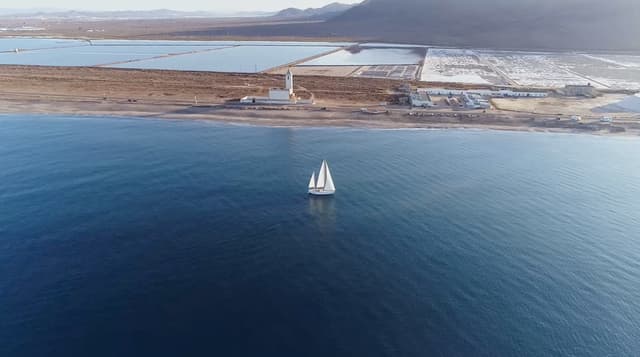
Kite surfing:
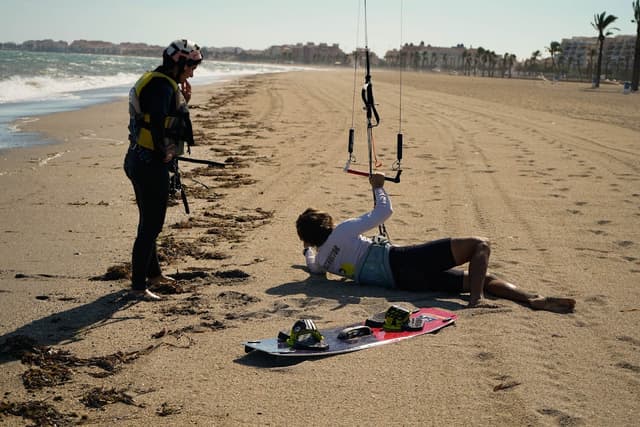
Bike rentals:
When I lived here there was no bike rental shop that was consistently open. There was one located on the beach paseo near Cafe Paris, marked with a bike locked out front, but the owner was very rarely there. This would be a good thing to walk around to look for or ask around about.
Hiking:
There are a lots of trails marked on the All Trails app that leave the city to the west up into the hills. I would recommend not going alone on some of these trails, accessing them usually requires passing through neighborhoods up against the hill that are known for being more dangerous, and you might also run into homeless people living up in the hills. That being said, Almería is generally very safe so I wouldn't stress about it too much!
Museums:
Almería has quite a few museums as well (all will appear when searching "museo" on google maps. Here are a few I thought were nice:
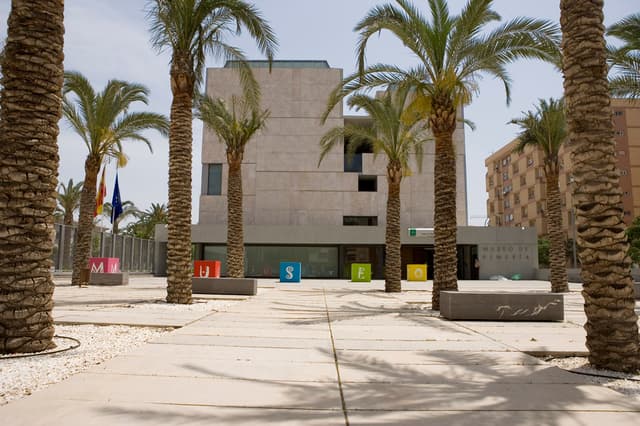
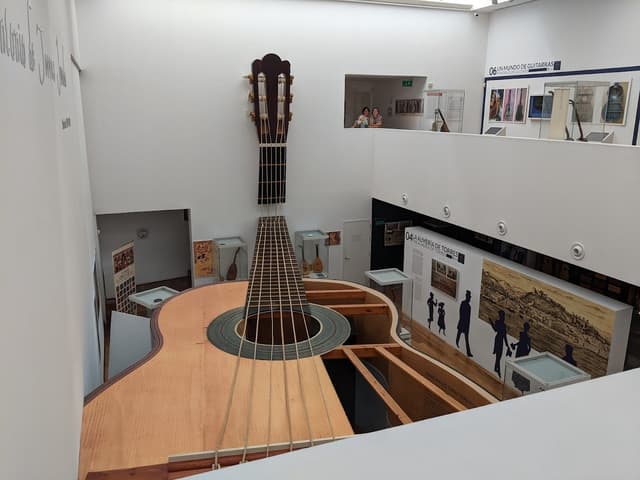
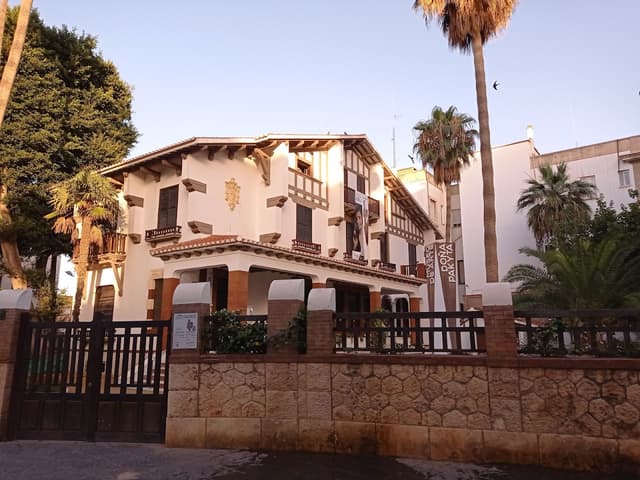
Tips:
1. "Chiringuitos" (or the restaurants right on the beach) have neither good food nor drinks. The only good thing about the bars right on beach is that they’re right on the beach. That’s it.
2. "El Puche" is considered one of the more dangerous neighborhoods in Almería, and locals will recommend not to wander into this area.
3. "Mercadona" is usually your best option for a grocery store. On Saturdays there is a fresh produce market out in the Zapillo neighborhood. Very cheap and cash only.
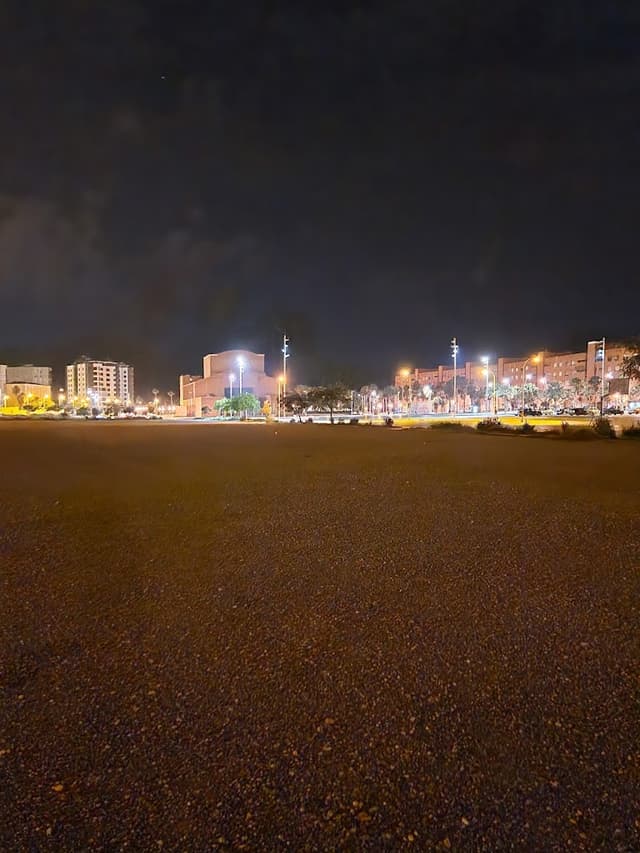
5. Even though it's a beach city, it's generally not acceptable to walk into public places here with a swimsuit on.
And that's it for the Almería guide, enjoy your trip!
The home for unique & authentic travel